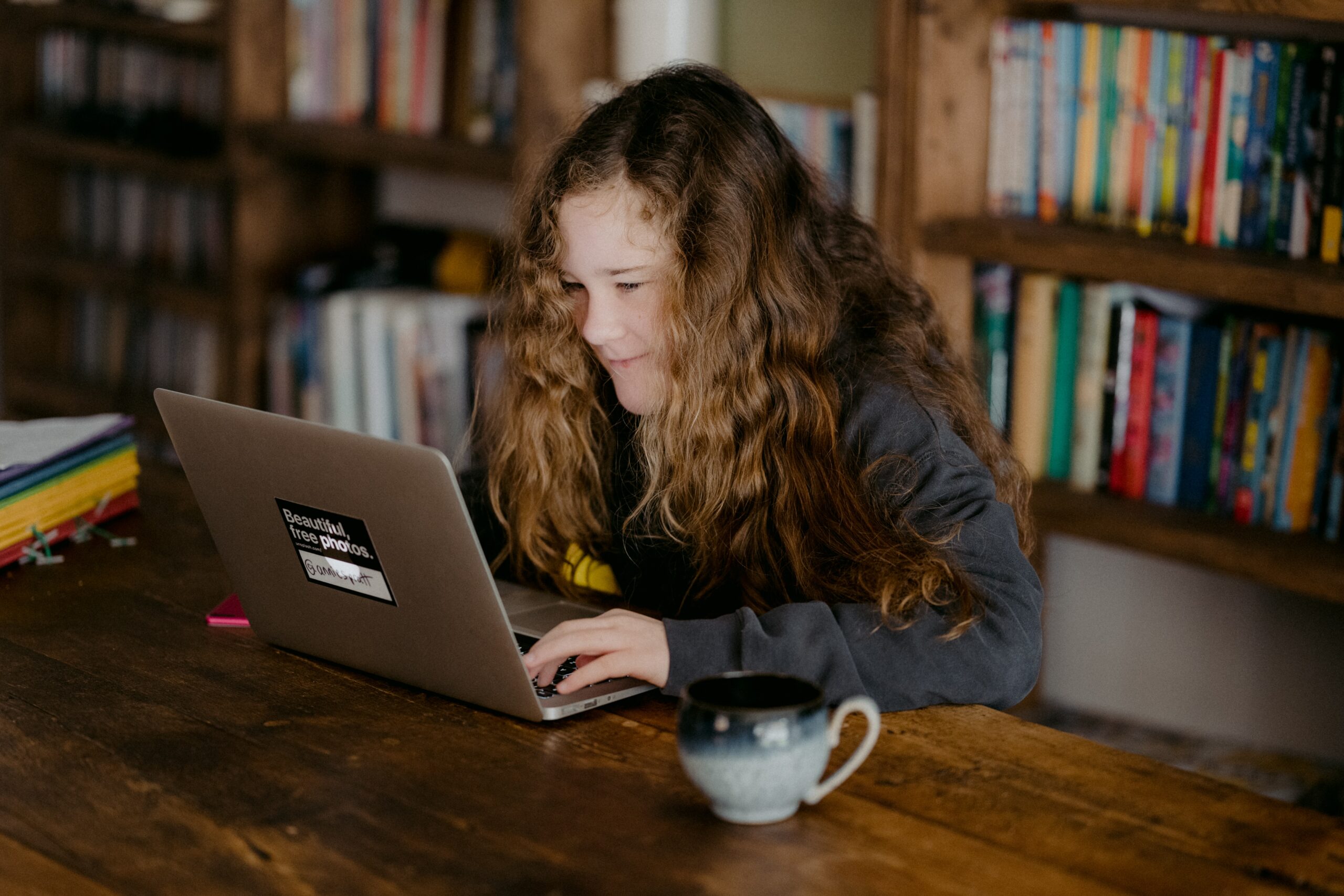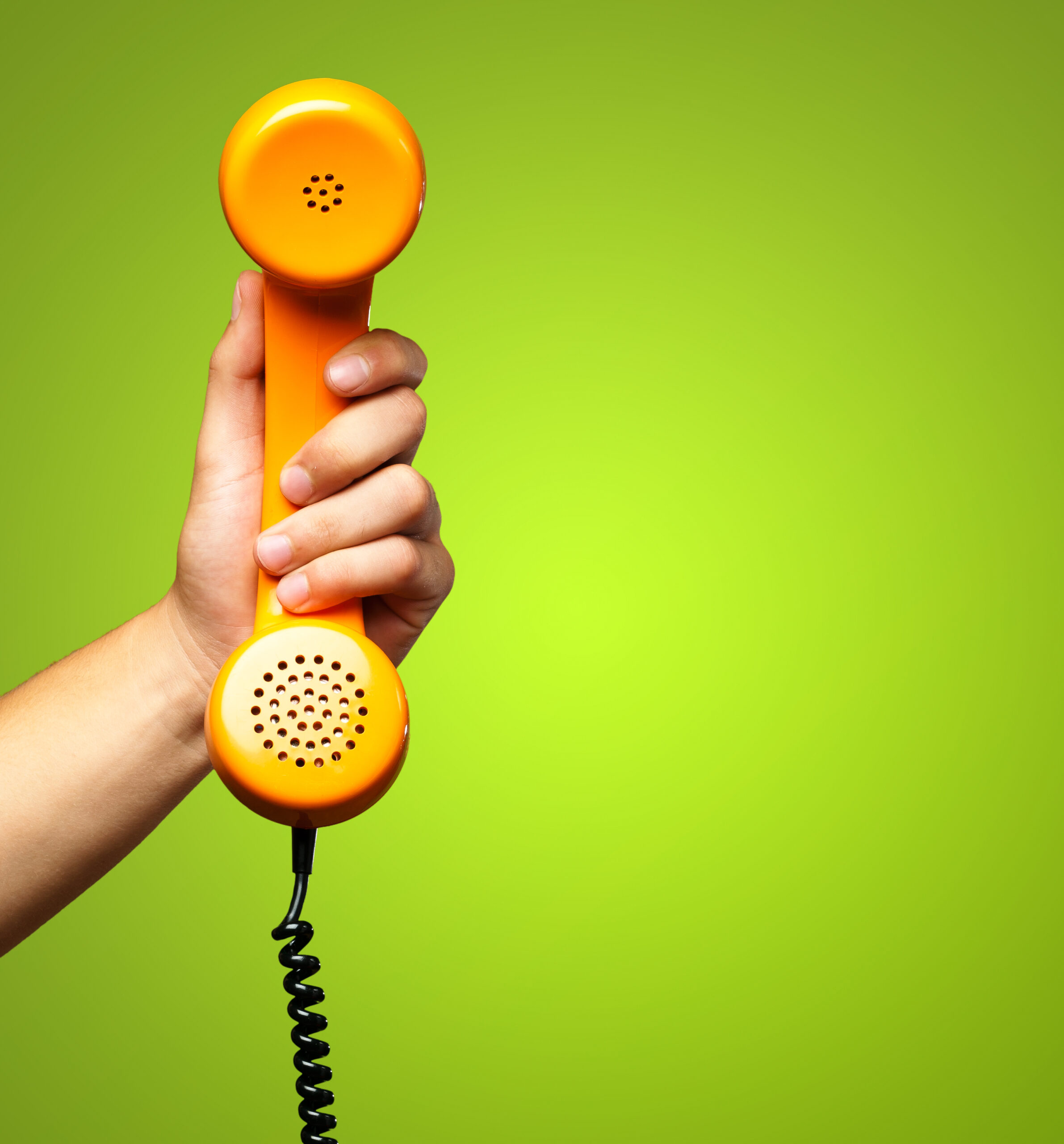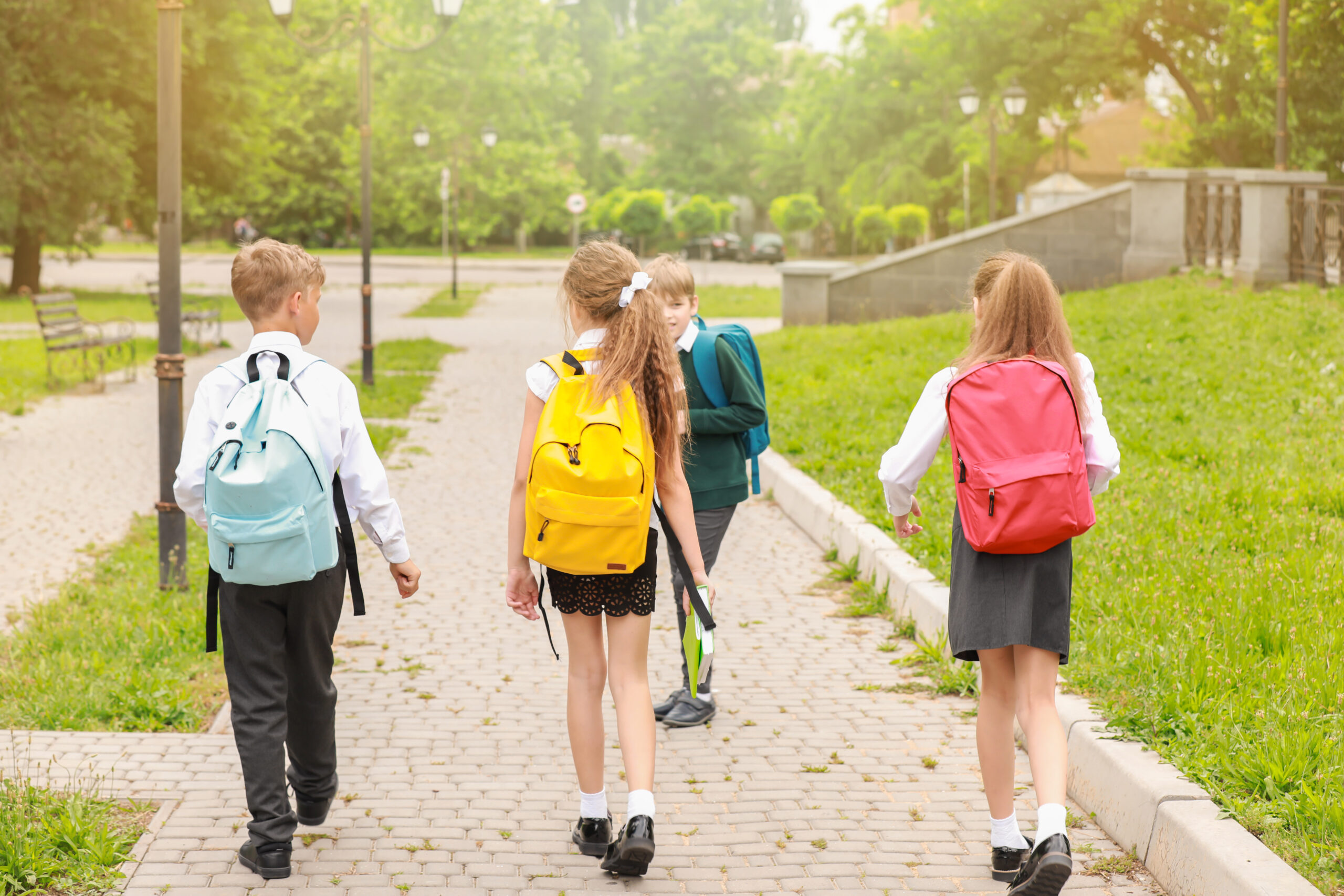
How much structure is enough?
Ah, the ever challenging question…how much structure is too much (or not enough) for your child when you leave them home alone?
Do you plan out every minute that you’re away? Do you let it be a free for all and have them figure it out themselves?
Well, honestly, the answer is somewhere in the middle, and always depends on the age of your child, as well.
Set realistic expectations
We know it’s tempting to schedule your child’s minute-by-minute itinerary when they are home alone. I mean, who doesn’t want their kids accounted for and maybe even doing some helpful tasks around the house? Realistically, though, doing this will set your child up for failure. Despite your best-laid plans, your child is not a robot, and therefore, cannot be programmed like one.
Figuring out how to strike the right balance between structure and allowing your child some freedom and responsibility is difficult, but so, so crucial.
Offer guidance
Initially, you need to offer guidance based on your expectations of your child while they are home alone. Be very clear with these expectations. Do you want them to have a certain amount of homework done when you get home? What about tasks around the house? Do they have screen time limits you expect them to follow? What should they do if a stranger comes to the door?
Lay out these expectations with your child before leaving them home alone. Over time, your child will take more initiative in helping to set their “to-do” list while they’re home alone and they will learn how to be accountable for their words and actions.
Clear consequences
It’s also important that you explain to your child what the consequences are if they don’t follow your explicit expectations. Make sure the consequence is related to what you’ve asked them to do or take away something they really want to do. For example, if they neglected to put the dishes away and clean their room while they were home alone, then they can’t go to their friend’s house tomorrow.
It won’t take many of these consequences for them to realize that it’s just easier to do what you’ve asked. It’s important that you don’t overload them with things to do while they’re home alone though so they don’t feel overwhelmed. Structure is important, but there is a balance you must strike to make it effective.
Accountability
Learning how to take accountability for their actions is crucial to your child’s success, both while staying home alone, but also once they enter college or the workforce. Set your child up for success with some structured expectations of what they should do while home alone, but also allow your child some freedom to choose…with limits!
A stronger relationship
The best part is that as your child learns that you trust them to stay home alone and complete the tasks you’ve asked them to do, your relationship with them will grow stronger. Oh, and who could forget…some chores will even get done! What could be better than that combination?
What next?
Register your tween for a Home Alone Confidence Course?



